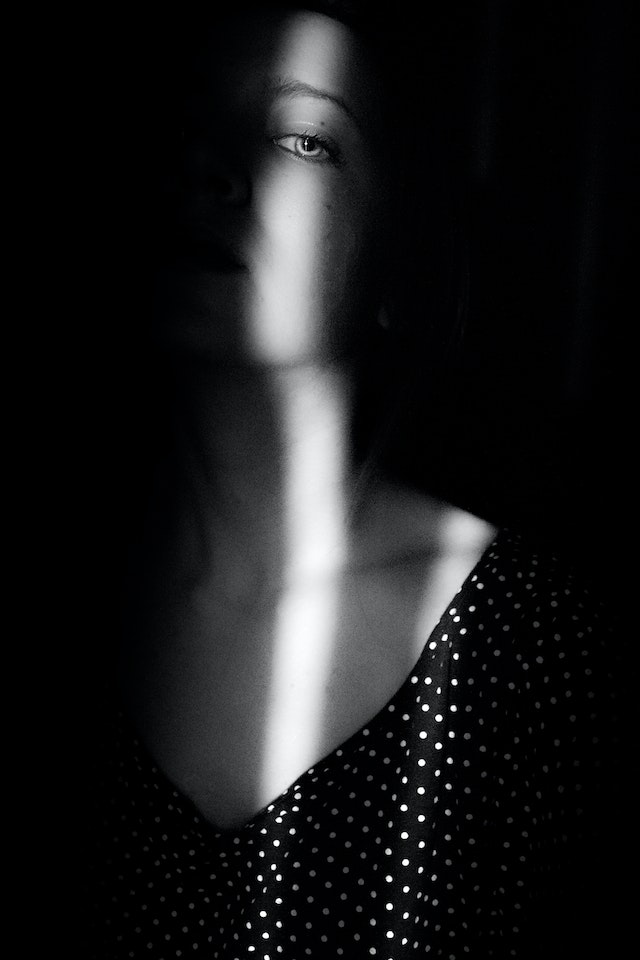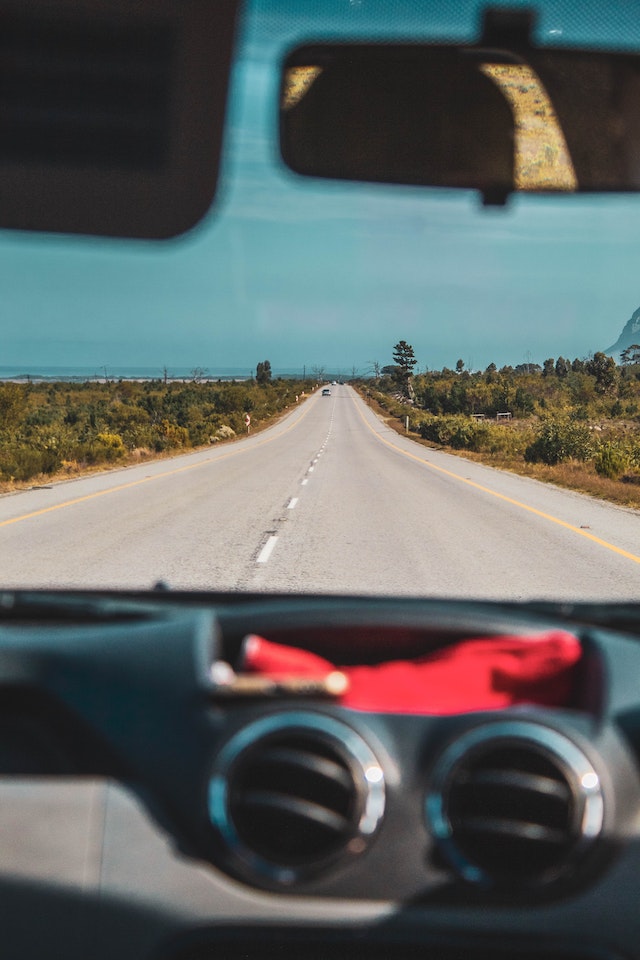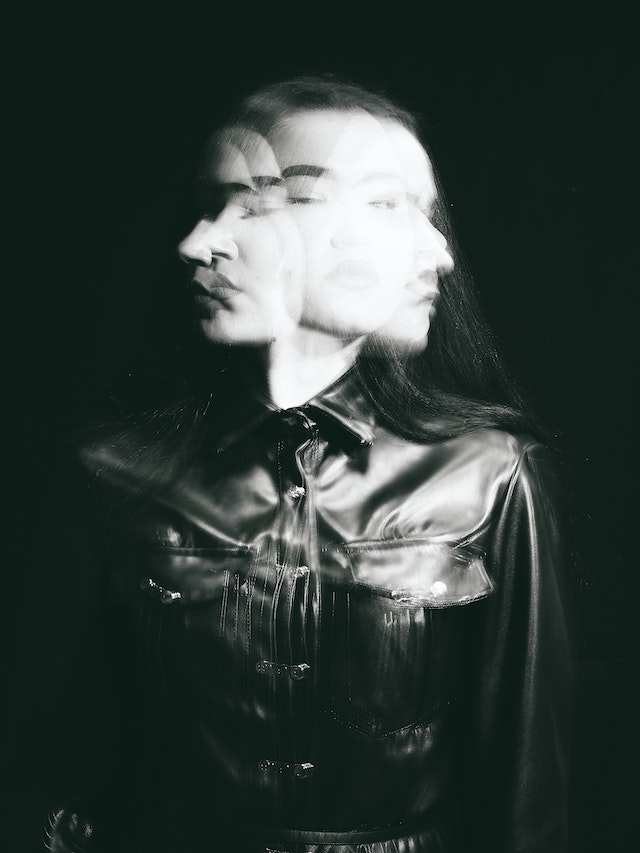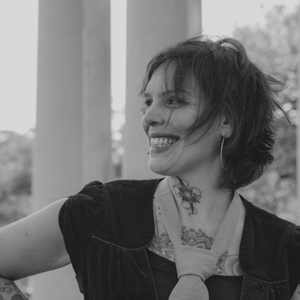At my lowest points in life, circumstances led me away from home and opened me to positive practices and psychosynthesis
By Anastasia Wasko
PHOTOS Pexels

My first episode of severe depression emerged when I was 14 years old. I remember being immobile, unable to think or interact. I had started falling asleep in class, and an astute teacher pointed this out to behavioural specialists, who indicated a significant problem.
They were unaware of my home life situation: My father had recently married the woman who, in my eyes, broke up my family. My mom splintered off into her own severe depression, and I couldn’t focus on school work. I was in a full-blown crisis of meaning*. I stopped going to my public high school. After some discussion with my new stepmother, my dad decided to enroll me in a different private school. I soon won a scholarship to be an exchange student to Germany.
This changed everything.
At a retreat there, I had my first encounter with meditation, and from that, “witness consciousness.” This is a way of observing thoughts in a detached manner, where the Self is an observer. I was fascinated to learn more. I started to feel better from the teenage angst and lingering depression because I had chosen a “higher calling.” This sense of purpose and meaning seemed to soften the severe depression. My interest in science, spirituality, and how they intersected through practices emerged.
Who knew leaving home would deliver a profound experience that serves me still?
It happened again.
It was the summer of 2020, and my symptoms of stress appeared for good reason: The pandemic had arrived and my landlord decided to cash in on surge of city folk relocating to the beautiful mountains of upstate New York. Rental prices shot up, availability went down. Where now?
I found a place where the cost of living was cheaper and the housing was more available, and where I could find the mental space to undertake a Masters’ program. Louisiana.
I made the 20-hour drive south, along with my depression-like symptoms: a lack of energy, the inability to focus and a sense of hopelessness. My mind raced at the thought of social interaction. Angry scenes of confronting my landlord made their way into my dreams at night. Other times I dreamt of going back to my apartment in New York.
Amid the stress, there was opportunity: The move south meant I could afford to work part-time while completing a post-graduate degree.
What I didn’t know then is that, in addition to the stress symptoms, part of what I was experiencing was consciousness expansion. This was psychosynthesis, a psychological framework and process that reflects a person’s impulse to return to wholeness. It involves spiritual awakening, where the Self becomes aware of its spiritual nature and unfolds in cycles as the individuals becomes more connected within and with all living energies.
Perhaps the impulse to stick with the plan for graduate school was an intuited inkling of the larger journey unfolding for me. I intended to study psychosynthesis at The Institute of Psychosynthesis in London through in an exclusive and accredited international online program.
I felt a new sense of purpose and meaning.
Who knew leaving home would do that for me (again!)?
As I started studying psychosynthesis, I recognized that the process was happening in me. My self-awareness was growing and I could identify the different aspects of my being: Spiritual Scientist and the person living with depression and bipolar. I was able to “witness” – to objectively identify and acknowledge these parts, and see them move through the process of psychosynthesis. In fact, I was a living case study in psychosynthesis: I actively drew awareness to and made meaning with experiences many people consider abnormal or pathological.
MY DISTINCT SELVES
My process involved reflecting on myself as Spiritual Scientist. When I delved into the Spiritual qualities, it appeared that many of my actions were based on a belief that It’s in the universe’s hands or There’s deeper meaning here, which was a surprise having not applied or unpacked such a claim. I could have easily said, “This is out of my control,” foreshadowing my mindset when things happened that seemed to come from somewhere beyond my efforts.
The “Scientist” was cool and detached. My earlier childhood experiences taught me that hiding myself and repressing my emotions was a defense-and-safety mechanism. It kept me from being present in painful moments and, later, from actually cultivating a sense of home and stability. I was always chasing the next great project, place, or idea to explore.
However, Self was present. Love and will were present. Will precedes consciousness; that is, the impulse to make different choices or be open to step into circumstances. The Spiritual Scientist part of me was not willing to be reflective and enter the psychological milieu to untangle trauma and understand how my needs were not met.
All of my practices (meditation, study of yoga and yoga culture) led me to an intellectual spirituality but not an embodied one. This mindset started to crack during a significant mental health crisis in my early 30s.
AM I MY DISORDER?
By then I was living in New York and experiencing the same debilitating depression that I had episodes of while I was child. This time, there was mania to go with it. I asked myself, “Who am I?” because the truth was that I had cycled between the two extremes (with mixed state in between) and struggled to make meaning of who I was. I thought the disorder was me.
An astute mental healthcare practitioner, who had studied Ayurveda, gave me suggestions to start minding my behavior and my body. We started working together on a regular basis and applied holistic thinking to managing my bipolar disorder. Eventually, when it seemed that I was able to be conversant about my inner life in a way that represented a disidentification (detachment) from that person I was when I wasn’t well, I started the work of psychosynthesis. I was fascinated by what was going on inside my disordered mind and rogue body — even though it was an excruciating lived experience. This observation also marks awakening within disorder.
Through psychosynthesis, I learned that the person I was who had survived extreme mental (and physical) states had the potential to be happy, healthy, and whole.
What an explosive idea!
I also learned that each of us are the agents of our own experience; we know best what is happening inside.
This revelation might have been the anchor of my entire recovery program.
I knew the experiences of people with significant psychiatric illness often involved medication and sometimes hospitalization. I held the notion in my gut that this was because most people who didn’t share the experience of the disorder couldn’t empathize, let alone lead a person like me to a stable and peace-filled place within the chaos.
Intuitively, I knew I could have a different experience.
DOING THE WORK
I had to work hard through meditation, creative expressive activities, and regular healthcare that included psychotherapy to understand my body and mind. I had only ever known the dis-ease, the personality of someone who wasn’t well, or the Spiritual Scientist. Both personalities had something for me. One put me in situations that were so far from the norm that my mind had a range most people couldn’t meet. The other kept me “calm, cool, and collected” while learning the process to witness my inner life. There is a difference between a body that is responding to stimuli (a healthy response: stress) and a body that is out of balance (where dis-ease causes it to act as a sort of receiver when too many energetic frequencies are being broadcast). A bipolar body is the latter.
Meditation, which strengthened my ability to focus and anchor within a sometimes stormy experience, was the foundation of my recovery. And then psychosynthesis helped me understand what to do with my mind. That means I deconstructed and reconstructed subpersonalities. The ones that I enacted (and which protected me) while I was not well are different from the ones I live in now.
TRANSFORMATION
I had been in denial about my own mental health issues and stuck to the spiritual bypassing the Spiritual Scientist imparted. I swapped deeper psychological work for “the universe wills it” type thinking pre-recovery because I wasn’t able to meaningfully do the work. The disorder was too strong. But the Self, as it emerged and when it started to become a central factor in my life, showed me that this whole experience prepared me for service.
I learned the will is often connected to the self through the discovery that the Self has a will. We can focus intention and bring ourselves to do great things once we are in an expanded and conscious state. That doesn’t mean, like, levitating like the ancient sadhus in India. That means, for me, the simple and powerful ability to make different choices. I chose to not give the manic rushes or depression weights or hallucinations or sensory overload all of my energy. I retained control by exercising my will and saying, sometimes minute-by-minute, “This is not who I am. This is just what my body and mind are receiving right now.”
I’m now sharing this experience for the greater good through my psychosynthesis-informed consulting so that others may navigate toward wholeness.
LIVING LIFE
Psychosynthesis enabled me to achieve a level of mental health that I had formerly dreamed of. At one time, living in a stable house and working regularly would have been unimaginable to a person with bipolar disorder; the waves of instability would have been too strong.
My relocation to Louisiana occurred after a literal and existential crisis, and I arrived depressed. I relied upon my work and being too busy to fully process my feelings. Who was I?
I’m unfolding still; no longer the Spiritual Scientist and yet still not sure what is emerging. But such is the relationship with Self.
I have lived with significant psychological and psychiatric challenges throughout my life. While the clarification of behavior patterns into subpersonalities has supported getting to know my psychological landscape, I have to wonder, What are these experiences in service of?
MAKING SENSE OF IT ALL
Psychosynthesis changed my career trajectory and how I experience life.
I became someone who operates from the heart with joy and compassion as the baseline of energetic exchange. I’m returning to what I feel is my core self, engaging more with creative writing and working with individuals. Now I connect through a warm interaction that is based on relating versus the cold, detached outlook of a spiritual seeker who hands over control to the universe.
My core Self feels like a conduit for love. And, the anxiety and depression related to the move have dissipated. To harmonize my existence, I have to acknowledge that the Self within me identified these forms of consciousness as limiting and sought to overcome them.
After a long, dark, and existentially challenging psychological exploration, I am ready to be in more service to others.
*Crisis of meaning, as described in this paper on the National Institutes of Health (USA) website: “Individuals who are suffering from a crisis of meaning often judge their lives as frustratingly empty and pointless. They feel disorientated, experience depression, and suicidal ideations. Moreover, this existential state is linked with heightened anxiety, negative affect, and pessimism, on the one hand, and decreased resilience, motivation, life satisfaction, hope, self-regulation, and self-efficacy, on the other hand. A crisis of meaning is often caused by critical life events (e.g., failure, illness, death, divorce, or job loss), linked with a loss of one’s sense of coherence in life, and results in questioning life’s purpose.”
Anastasia Wasko is a writer, editor, and transpersonal guide helping individuals explore their relationship with the world beyond the ego so they can be more present, joy-filled, and fulfilled in their human experience. She is an energy worker (flowing Centaur energy) and has consulted charts in the evolutionary astrology style for years. Anastasia has studied Ayurveda and yoga culture with Dr. Vasant Lad, among others. She earned a B.A. in Transpersonal Psychology from Sofia University (former Institute of Transpersonal Psychology) and is currently exploring psychosynthesis in the Masters’ program at The Institute of Psychosynthesis in London, England. AnastasiaWasko.com





Comments